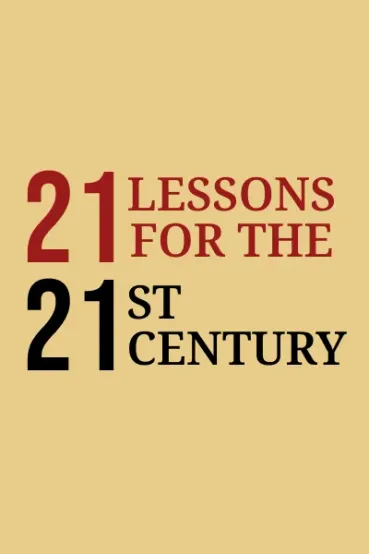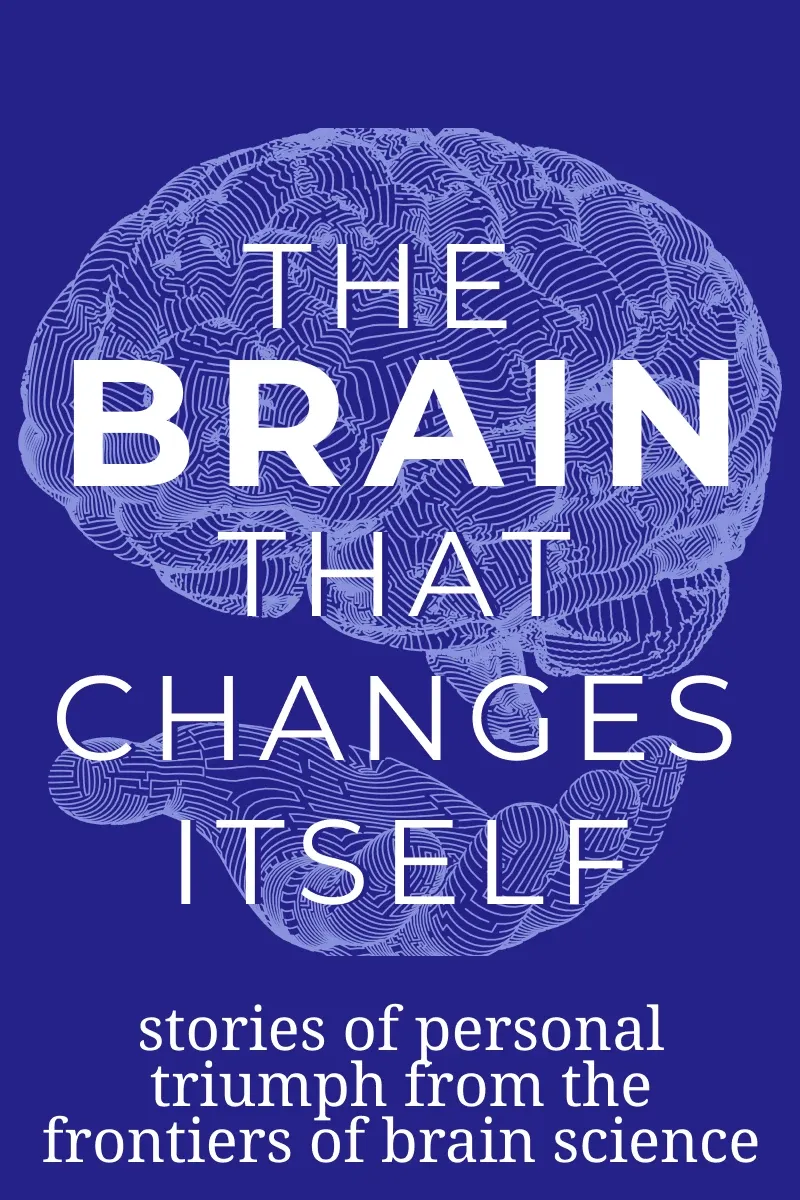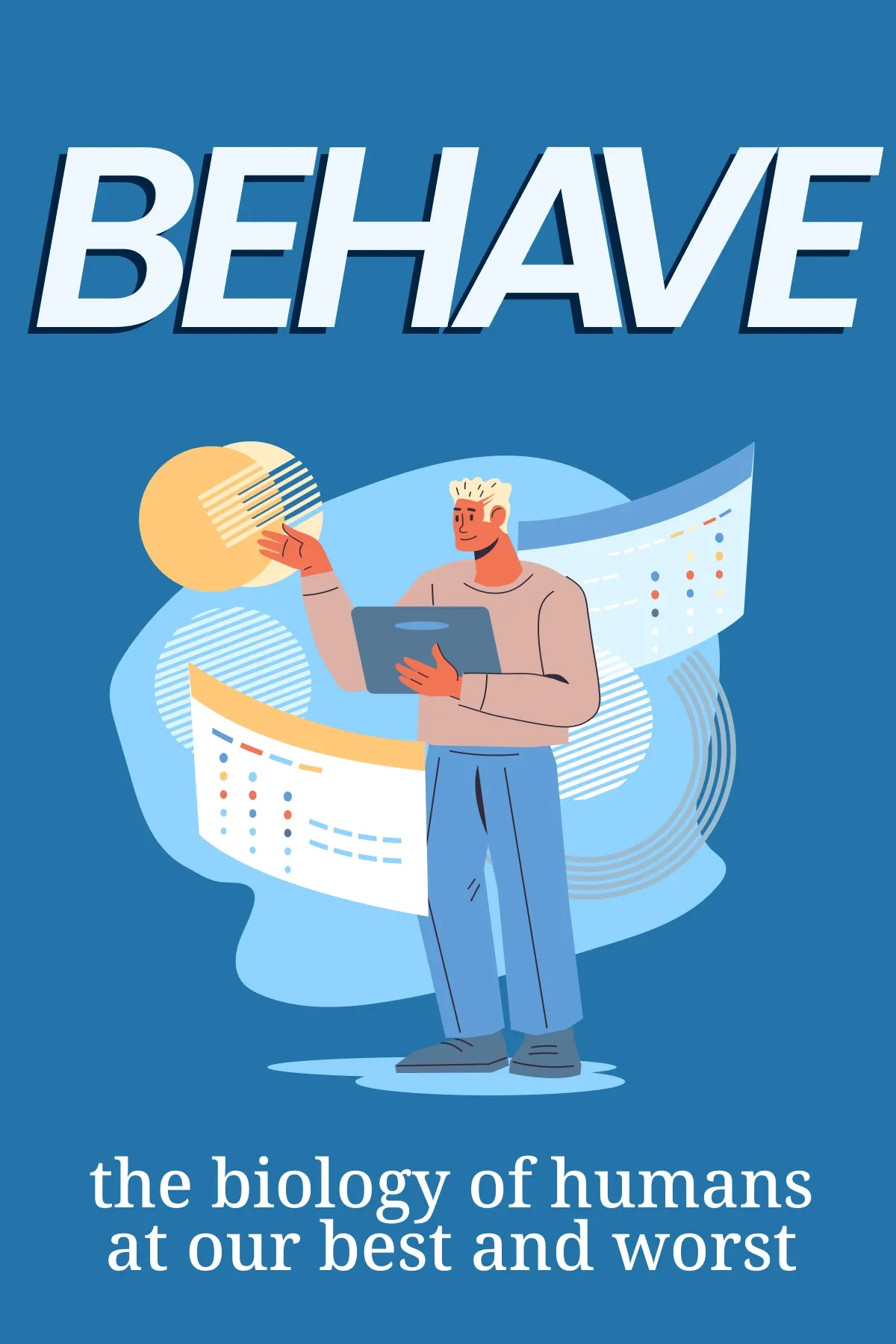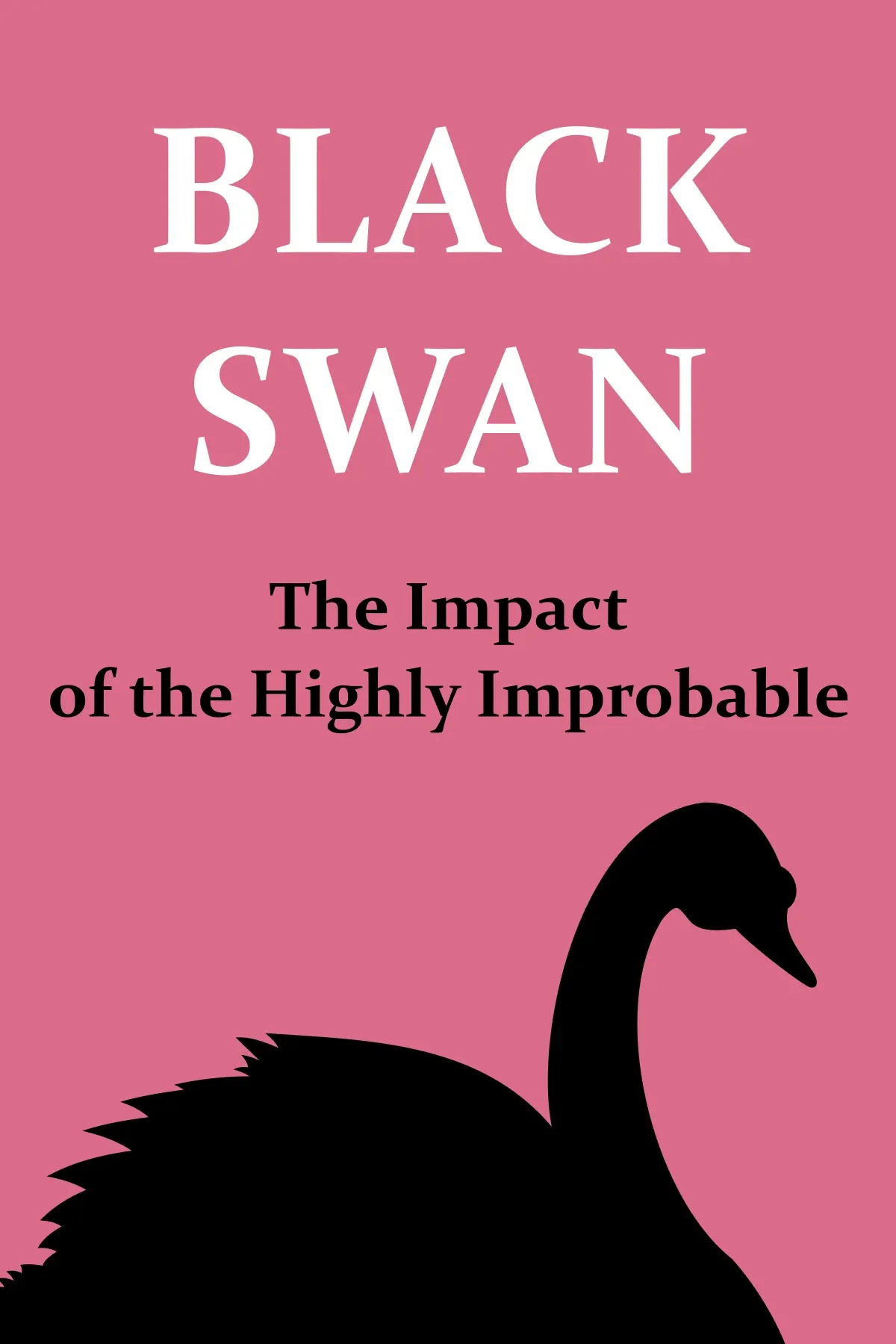
21 Lessons for the 21st Century
Brief Summary
“21 Lessons for the 21st Century” explains the rules by which the modern world functions and how we can solve global problems nowadays. This book puts forward a variety of approaches and insights for today's societies on adapting to the new age of human history.
Key points
Key idea 1 of 8
Imagine that you had the opportunity to use a time machine and move to the twentieth century. What do you see? There is a struggle between three great political ideologies – liberalism, fascism, and communism. Everyone who has read history books knows the end of this competition. Liberalism, based on the principles of democracy, human freedoms, and free enterprise, became a winner among world ideologies.
It was then, but the question is: can our liberal-democratic system face and address the challenges of the twenty-first century? One of the most significant challenges nowadays is modern information technology. There is no doubt that new technologies are useful and help us a lot in our daily lives. But despite all the advantages of the latest technology, politicians seem to be increasingly losing control over this large and important area.
Let's take the field of economics as an example. Computers have made the financial system and the way it works so complicated that not everyone can understand these algorithms. In the future, we may not fathom at all what rules are used for financial calculations. As a result, numerous complicated problems may arise in the system, and people may start losing jobs.
However, many politicians are not interested in these rather realistic prospects for our future. They simply don’t consider this issue that important. Let's take a look at the 2016 US presidential election. None of the candidates, Donald Trump and Hilary Clinton, uttered a single word about the negative consequences of automating the work process. Or consider the political earthquakes of 2016. Both Brexit in the United Kingdom and Donald Trump’s election in the United States received the support of ordinary people. They were worried that the world and its dominant liberal political systems were leaving them behind.
This has a negative effect on voters and makes them lose faith in politicians, whose main duty is to ensure the population’s welfare. We live in a time when ordinary employees worry that new technologies may replace them and they might lose their jobs. How justified are these fears?
FAQ
You may also like these summaries










